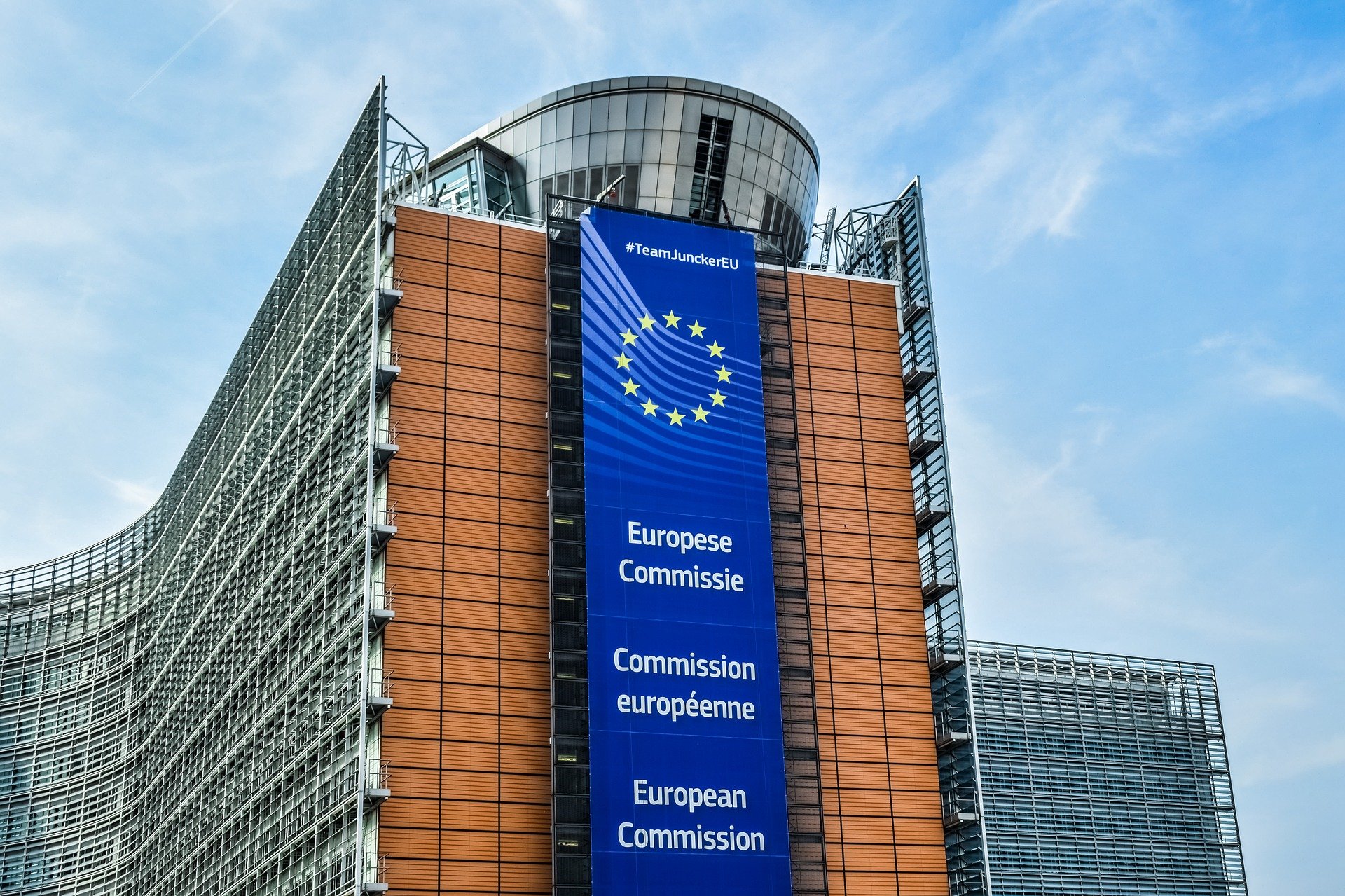Mediterranean Dialogue
Relaunched Euro-Mediterranean agenda: Future-oriented and innovative

Earlier this month, the European Commission stepped up its efforts to renew its partnership with Southern Neighbourhood countries in publishing a “New Agenda for the Mediterranean”. 25 years after the Barcelona Declaration and a decade after the Arab uprisings, many political, socio-economic, environmental and security challenges remain. Some of them were even exacerbated by the current Covid-19 pandemic. With the new agenda, the EU shows its willingness to relaunch this strategic partnership in view of old and new challenges.
Multiple challenges for Euro-Mediterranean partners
The list of challenges was already long before Covid-19 hit countries from both shores of the Mediterranean: Conflicts provoking human suffering or displacement, geopolitical competition, threats by terrorism, economic imbalances, climate change, youth unemployment, gender inequalities – only to name some. Compared to the start of Euro-Mediterranean cooperation, challenges seemed to add up over the years and be exacerbated by financial, political or health crises.
5 pillars of future Euro-Mediterranean endeavours
The joint communication (“Renewed partnership with the Southern Neigbourhood: A new Agenda for the Mediterranean”)by the European Commission and the EU’s High Representative Josep Borrell is a roadmap for future Euro-Med cooperation in five key areas:
- Human development, good governance, and rule of law
- Resilience, prosperity and digital transition
- Peace and security
- Migration and mobility
- Green transition: climate resilience, energy and environment
While some areas for future cooperation are hardly surprising given recent geopolitical developments (i.e. migration, human rights and security), the agenda also highlights future-oriented areas and branches. “[G]reen, digital, resilient and just recovery - it is undeniable that the new Mediterranean agenda bears a green and post-pandemic stamp.
Liberals welcome new agenda
José Ramón Bauzà, Spanish member of the liberal caucus in the European Parliament and responsible for drafting the group’s position on the Southern Neighbourhood, welcomed the new agenda: “By supporting the digital transformation in the Southern Neighbourhood, we tap into the region’s enormous potential for innovation, which is key for creating new jobs and halting the dramatic brain drain that puts a brake on these countries’ development.”
Digital transformation and innovation are also at the core of various regional flagship projects linked to the agenda’s key areas. Examples of flagships include support for resilient, circular and low-emission economies in Morocco, upgrade of infrastructure for trade and connectivity in Jordan or strengthen the digitisation of the economy in Tunisia.
With the EU’s new financial instrument “NDICI” (Neighbourhood, Development and International Cooperation Instrument) as part of Europe’s Multiannual Financial Framework (MFF), the Commission proposes to mobilise up to 7 billion Euros under a dedicated Economic and Investment Plan for the Southern Neighbourhood, as well as up to 30 billion Euros of private and public investment under the Neighbourhood Investment Platform.
Other than creating or using new instruments, the EU’s “New Agenda for the Mediterranean” also strives to connect existing European initiatives and to unite efforts directed at the Mediterranean basin, such as the EU’s New Pact on Migration and Asylum. European policy makers also paid particular attention to green and sustainable initiatives, relating the new Mediterranean agenda to the EU’s 2030 Agenda for Sustainable Development, the Paris Agreement and the Green Deal. Likewise, the new agenda highlights an inclusive and civic approach by building on civil society actors in the region.
Tradition of Euro-Mediterranean Cooperation and “bonds that deliver”
Euro-Mediterranean cooperation is manifold, building on a shared geography and history. Launched in 1995, the Barcelona Process aimed to strengthen cooperation, exchange and dialogue between Europe and the Southern Mediterranean countries in a shared perspective of peace, stability and prosperity. This lead to the later creation of the Union for the Mediterranean (UfM), embedded in a larger European Neighbourhood Policy.
In the upcoming months, FNF Madrid and its Spanish partners Elcano Royal Institute and CIDOB will present the insights of a stocktaking exercise on Euro-Mediterranean relations: The project “Euro-Mediterranean bonds that deliver” reaches out to new voices for Euro-Mediterranean dialogue and explores future paths for cooperation on both shores of the Mediterranean.
From words to action
Getting back to EU policy making and today’s digital EU Summit, EU leaders will follow-up on their commitment to a “democratic, more stable, greener and more prosperous Southern Neighbourhood” and endorse the new agenda for the Mediterranean under liberal Council President Charles Michel. In December, EU heads of state and government already committed to join efforts in combatting Covid-19. Given recent fights over European vaccine deliveries, there is also an opportunity for EU member states to “walk the talk” and show southern neighbours that cooperation and solidarity are more than mere lip services to them. For instance, French President Emmanuel Macron recently proposed that richer countries donate 3-5% of their vaccine stock to Africa, supported by Germany.
In view of an unprecedented acceleration of global inequalities, it is also in the EU’s own interest to wholeheartedly address challenges together with its southern neighbours, by transforming words into action and focussing on future-oriented and innovative areas and projects.
